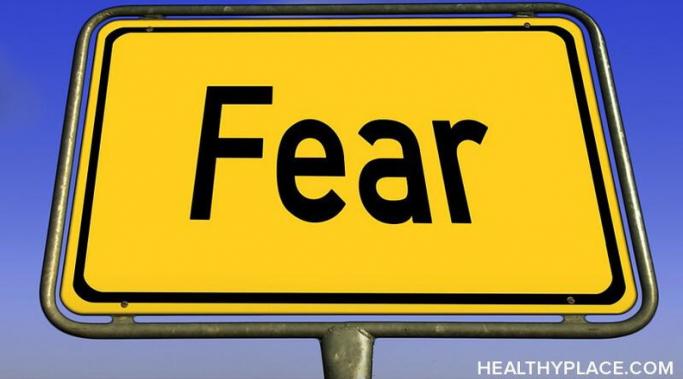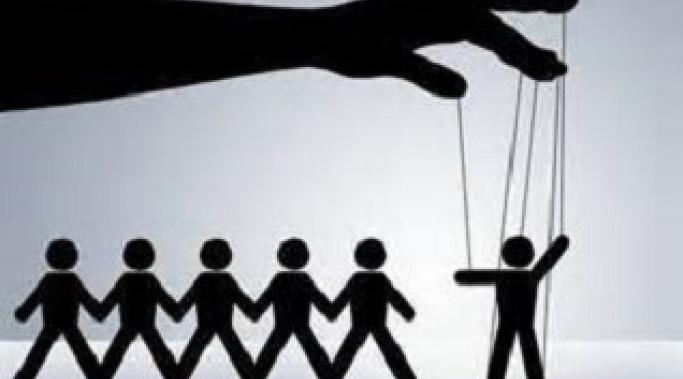Anger is often anxiety's evil twin. We may express ourselves out of anger, but our problem is anxiety and all of its worries and fears. It can be very helpful to know when anxiety is behind anger; then we can address the right problem. So, do you have an anger problem or an anxiety issue?
Anxiety Causes
Anxiety never comes out of the blue, as much as it seems that it does. There is always a context to it, an anxiety trigger. Always some perception of vulnerability that triggers the physiological response and the emotional response. But have you wondered why we get anxiety in the first place?
How Do We Get Anxiety?
Anxiety can be recruited into our lives in a variety of ways, but usually something happens to us that makes us feel vulnerable. It could be something like a traumatic experience: sexual abuse, war, being mugged, a car accident, etc. Or it could be something else, like an illness (from the flu to cancer), having a conflict, a break up, embarrassment, hearing a scary story, etc.
I find the concept that fears can be assessed as rational or irrational hilarious. Does this mean some fears are valid and other are not? How do we know which fears are legitimate, rational, right?
Say, your mother has cancer and you are afraid of her dying. Is that considered a rational anxiety, because she actually might die? Everybody is going to die. Fear of one’s mom dying is actually a fear of being afraid when mom is dying, or most accurately fear of not be able to handle the anxiety when mom dies. Is that rational?
Many things seem to trigger people into panic attacks: a sound, sight, smell, or sensation that reminds someone of a past trauma, anticipation of a perceived fear (such as, knowing you have to sleep alone when your partner is out of town next week), a physical sensation (nausea) or a certain emotion (feeling overwhelmed, guilty, embarrassed). However, when I talk to people about the details in the moment before the panic attack, what invariably happens between this trigger stimuli and the panic is a fleeting thought -- one that people hardly realize as it crosses their mind. This is the anxiety trigger.
One of the biggest myths (tricks) of the Anxiety is that it makes you think you are out of control. Anxiety loves to make people feel that they are out of control. Believing this is one of the biggest problems for anxious people. If they knew they had control, they would not be anxious. For family members, friends, and mental health professionals, it is important that we deconstruct the belief that the anxious person is "out of control" and help him or her see what control they have, thus helping the anxiety decrease.
Fear is a biological response. The fearful stimuli tells our amygdala to release adrenaline (our “fight or flight” hormone). The sole purpose of this is to give us energy to fight or flee. In other words, its purpose is to get us to act, once we act, the fear is pointless. And, usually goes away, since acting has us feeling empowered, not so out of control. Our focus becomes on our tasks at hand, and the worry get relegated to the background.
"Cowards die many times before their deaths. The valiant never taste of death but once."
William Shakespeare, Julius Caeser
It was February 1977. We tumbled out of our wooden paneled station wagon, returning home from Indian Princesses, a YMCA craft and activity program to enhance relationships between fathers and daughters.






